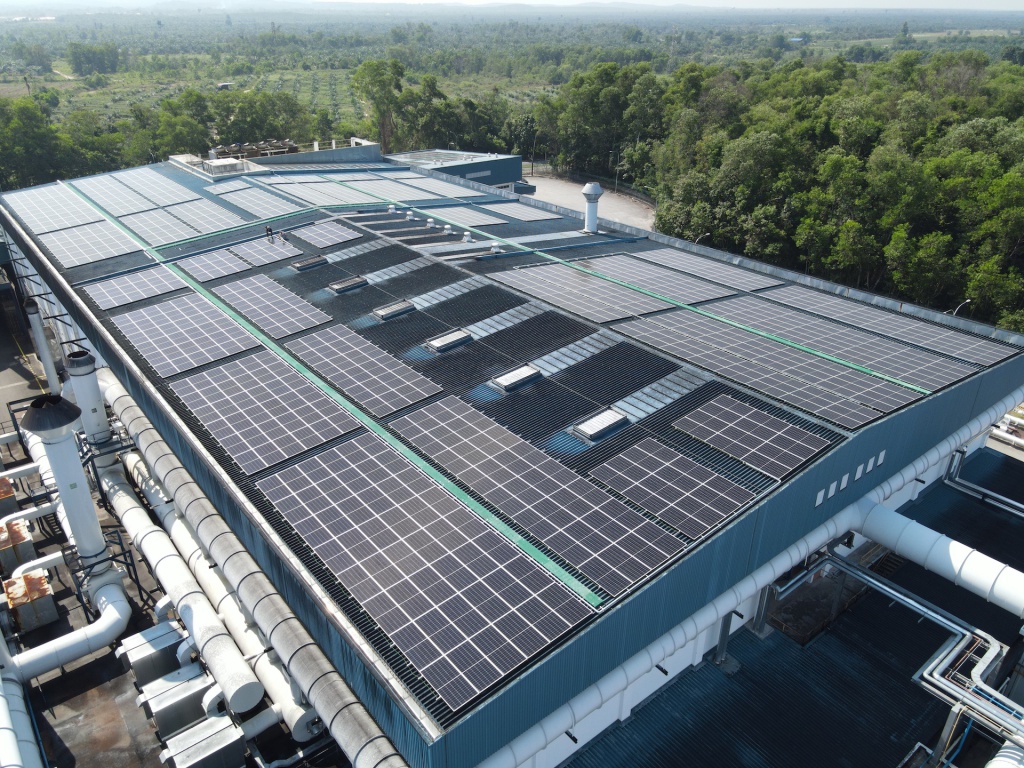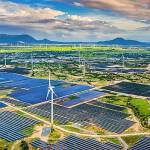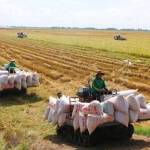
The huge success of the pilot has inspired BayWa r.e. and Icebug to scale the project even further to include more factories and partners, opening doors between the renewable energy sector and the apparel industry.
This collaboration, along with the potential participation of more partners, will realise the shared vision of both companies to accelerate the decarbonisation of brand supply chains and the manufacturing sector in Vietnam.
The goal of achieving 100 per cent renewable energy for production and operations through battery storage and on-site thermal operations will be the eventual target, allowing factories and partners to take one further step into sustainable, net-zero production without sacrificing scale.
With roughly 1.2 billion tonnes of CO2 released per year by footwear and apparel manufacturing alone (more than the aviation and shipping industries combined), carbon emissions in Vietnam constitute approximately 5 per cent of all global carbon emissions according to the World Economic Forum, which makes the initiative a meaningful one to collaborate on for both Icebug and BayWa r.e.
Commenting on the scheme, David Ekelund, CEO of Icebug said, “We are committed to reducing our climate footprint by 50 per cent by 2030, and as such, cutting energy emissions is key. We’ve spent a lot of time and effort finding out how to make the switch to solar power effectively while also benefitting the factory owners.”
“Instead of keeping this invaluable information to ourselves, we have decided to share best practices and turn this into a course that is free to other brands to join. Together with BayWa r.e., we look forward to radically changing the footwear industry for the better,” he continued.
Icebug manufactures at three factories in Vietnam, and the initial programme aims to reduce more than 5,000 tonnes of CO2 across these factories annually. The amount of carbon reduction will rise even further, with more partners and factories on deck. Those who join this scheme will not only reduce operational costs, but also have the opportunity to gain energy independence.
Bryse Gaboury, general manager at BayWa r.e. Energy Solutions APAC said, “This partnership has opened up new opportunities for stakeholders in their carbon reduction projects. This enables them to reduce their carbon footprint quickly and easily without interrupting production.”
The programme will leverage the companies’ collective expertise to rapidly deploy rooftop solar for Tier One factories in Vietnam.
With the footwear and apparel industry being one of the world’s most energy-intensive sectors, yet also one that generates substantial revenue (it accounted for 16 per cent of Vietnam’s GDP in 2021, as mentioned in an article by DFU Publications), it is more important now than ever that footwear and apparel-production companies in Vietnam come together to race against the rising climate changes through sustainable, consistent, and actionable plans.
Linh Dan




